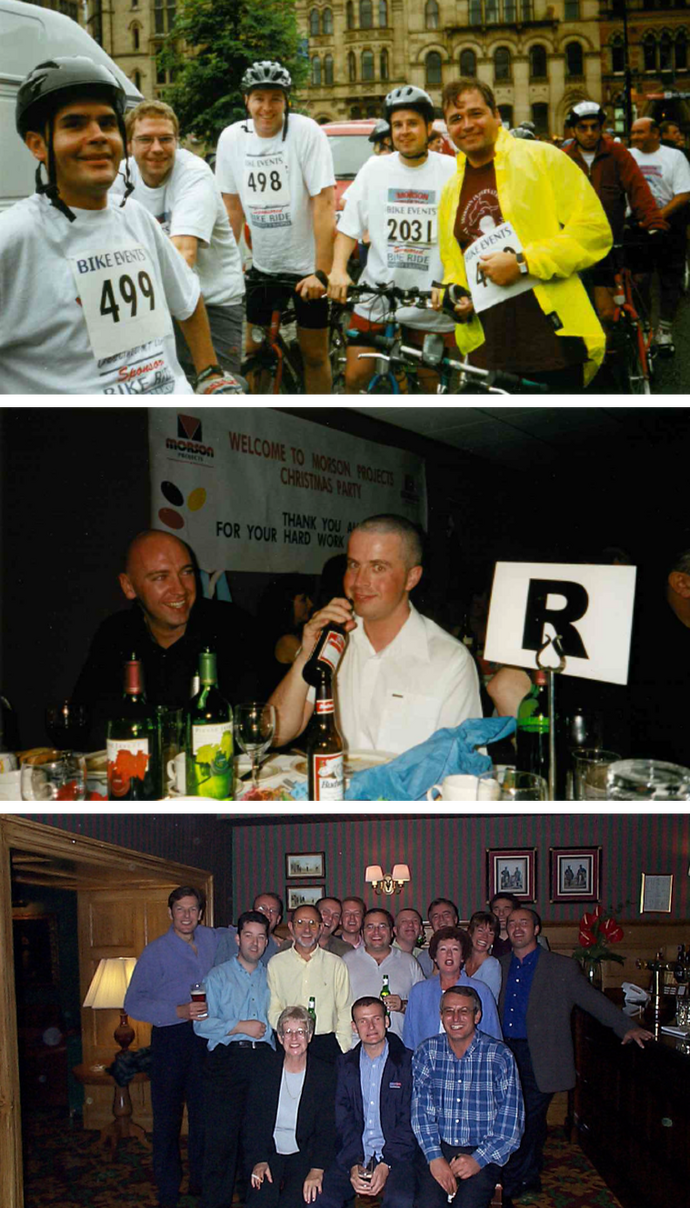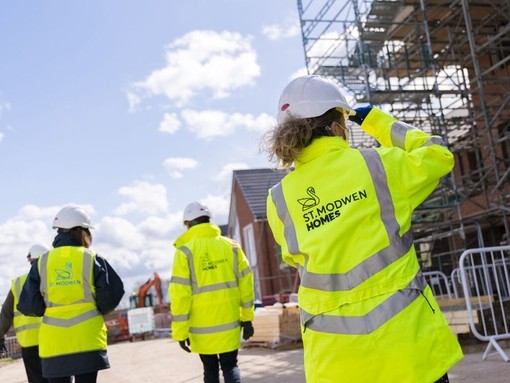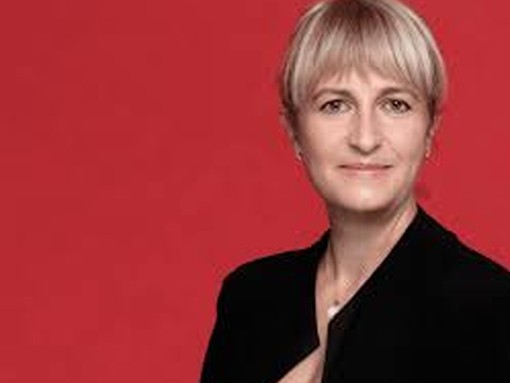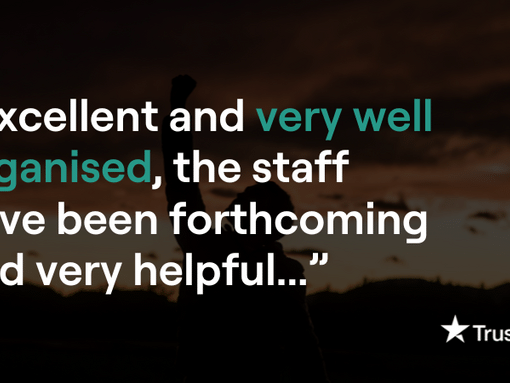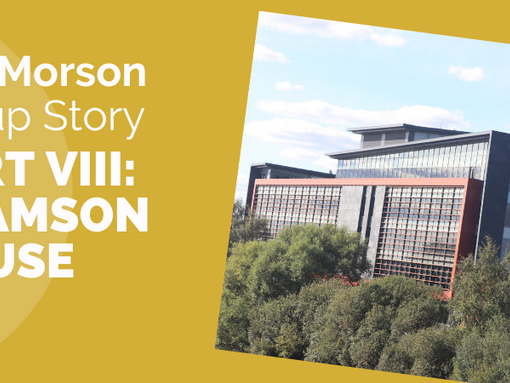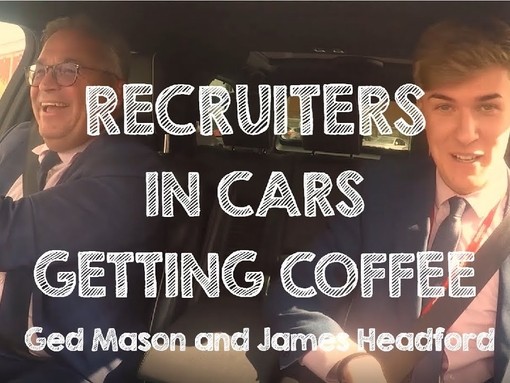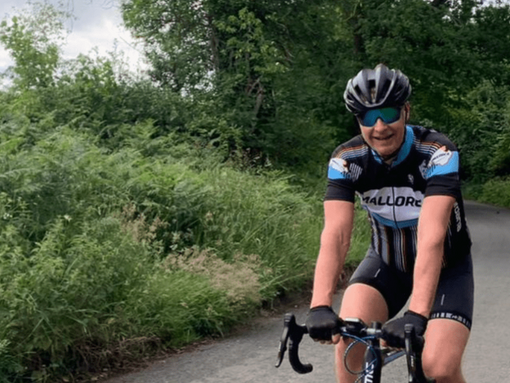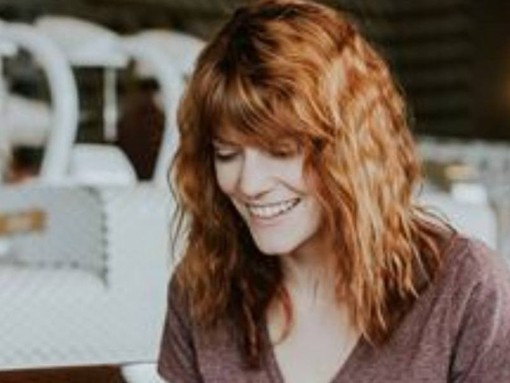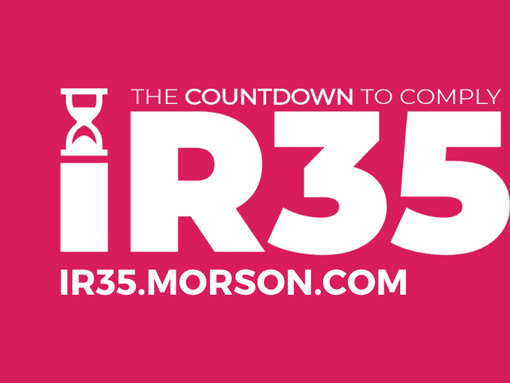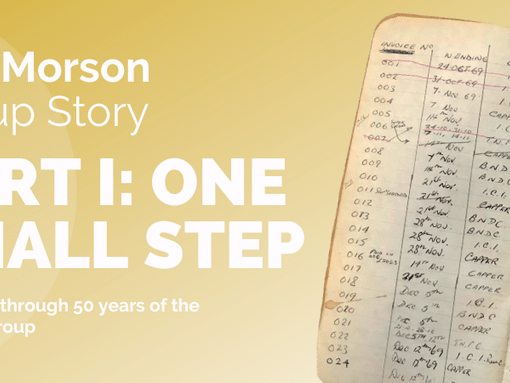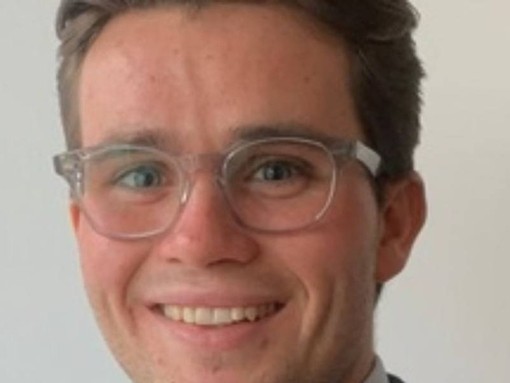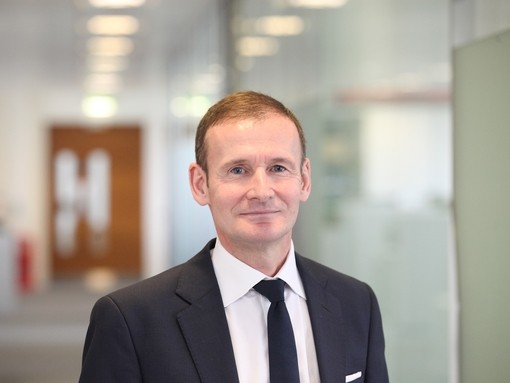
The Stableford Revolution | The Morson Story - Part Six
Morson Group has been celebrating 50 years in business in 2019. As part of our celebrations, we’ve created a book about the business; its foundations, its growth and its people.
Over the next six weeks, we’re going to be releasing excerpts from the book, charting the Morson story from its earliest days to the present day.
During the 1990s, growth in the business was impressive, driven by the skill and relentless dedication of the team. In 1991, the business made its third office move to the larger premises at Stableford Hall on the edge of Worsley Golf Club in Monton. This provided the biggest leap in facilities yet for the business, and came at the start of a decade of huge growth for the business in both recruitment and design with several key directors also joining and re-joining the business.
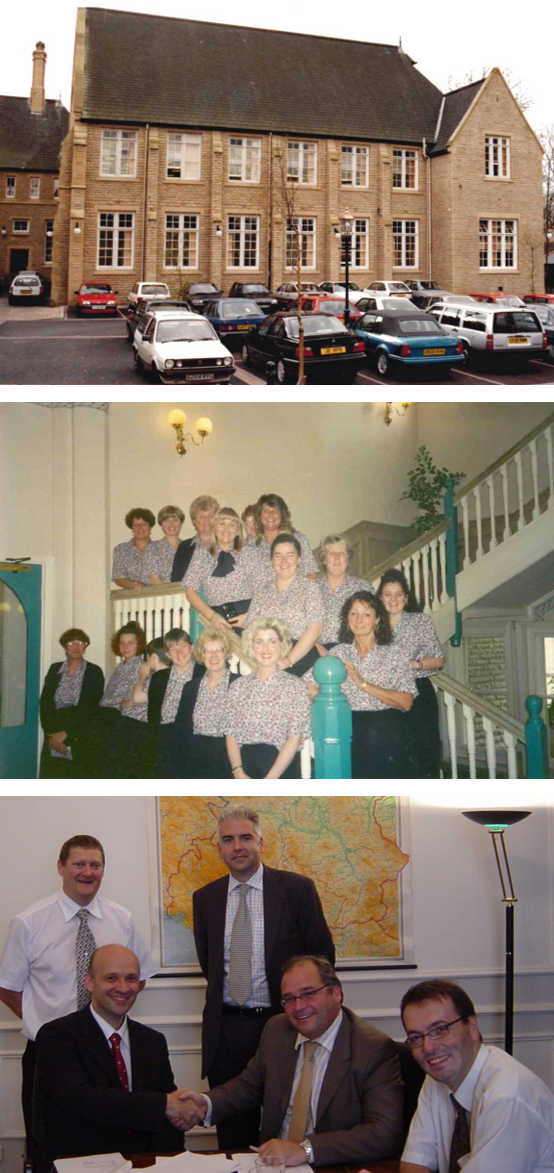
Paul Gilmour - Finance Director
Paul’s first job was with the firm that went on to become Deloitte where he worked and trained as chartered accountant.
Once qualified, he decided to make a break from the transient nature of auditing to find a new job in a role where he felt could make an impact within a business.
Whilst he had no sector in mind, Paul was keen to stay in Manchester, reminiscing that,
“Between 1986 and 1991, Manchester was reallybuzzing and that meant my only fixed criteriafor my next job was for it to be based in there.”
One company stood out head and shoulders above the rest. Having been interviewed by Gerry and Brian Hurt at Clarendon Road, Paul decided that Morson was the company for him.
“During the interview, I was really drawn by thefamily feel of the business and whilst I’d had offerswith much larger listed companies, the ideaof working at Morson felt like a great opportunity,with plenty of responsibility working closelywith the senior team”he says.
On 2nd September 1991, the same day Morson moved into their new Stableford premises, a 26-year-old Paul Gilmour began the next chapter of his career.
“Initially, I joinedas financial controller and had the challengingtask of taking over from the previous financialdirector who’d left before I joined. There wasno official handover and I was really thrown inat the deep end.”
Paul remembers his early days in the job managing a team of nearly 20 people:
“Some of the accounts team hadbeen there many years, like Pauline, Wendy andMarlene; but they all made me feel very welcome.What struck me straight away was thefact they were all good, capable, hard-workingand helpful people. It was a great team to bepart of.”
During the first 12 months of Paul’s time at Morson the company was under public ownership. Then, in 1992, Gerry and Ged made the decision to bring the business back into private ownership and Paul became acting financial director. Paul cites this as being the point at which the business really began to grow, “I was working closely with both Ged and Gerry with responsibility for Morson and Morson Projects, where turnover had reached around £30 million for recruitment and £2.5 million on the design side.”
Paul remembers these early years as being both challenging and rewarding.
“It requireda lot of work and effort coping with the independence,working in a senior role alongside asenior and experienced team. But that was partof the appeal. When I started out, people usedto say, ‘do two years, move, get experience’.Personally, I’ve had no need; there have alwaysbeen exciting and interesting developments here at Morson.”
Challenge and reward manifested itself in a variety of ways during Paul’s career, most notably with a number of milestone moments.
“Securing private equity investmentin 1999 was a fascinating world to step intoand having to present regularly to investorscertainly helped me develop. Our stock exchangelisting in 2007 was really interestingtoo. There was much more emphasis on what my team and I were doing, with the departmentbecoming much less private than it wasbefore, but it was certainly a big achievementfor everyone involved.”Paul cites de-listing years later as being equally fulfilling,“It was just as hard work aslisting but bringing the business back into privateownership helped return a sense of controlfor us all, as well helping reinforce the sense offamily that has always defined Morson.”

Kevin Gorton - Managing Director
Kevin Gorton first worked for Morson in the mid-late 1980’s, working first as a junior design engineer and then as a recruiter for the aerospace division.
After leaving the business in 1990 to finish his MBA and work for an American company, he met Ged and Gerry in a chance meeting on Christmas Day in 1994 and with Gerry planning retirement, Kevin was asked to come back.
“People had mixed views of me returning, but in terms of my evolution as an individual that period of time away from the business — working for someone else, learning and developing new things and bringing that experience back into the company — was fundamental.”
On his return in 1995, Kevin was asked to develop putting the bid management processes in place,“I sold it and implemented it. Within a couple of years, we won some major accounts and today we process over £400 million through the managed services programme.”
But he remembers things really taking off after the turn of the century.
“From 2005, thecombination of the markets and the stars aligning,meant we ended up signing some significantcontracts. Turnover kept going up, we becamemore profitable and that led to more investment,as well as the need to hire more people.”
This was also the period during which Morson was gearing up for its 2007 AIM listing.
“Anew senior management structure had to beput in place and that’s when Ged became CEOand I moved into the role of managing director.”
Kevin and Ged share a desk
On his first day in the Managing Director’s office, Ged Mason felt very comfortable.
“Itwasn’t like a big bang or a huge announcement,”he recalls.“It had been a gradual handover,I was effectively mirroring what dad wasdoing and making more important decisions, soit wasn’t as a big a step as you’d think. It was anatural evolvement, I felt ready for it, I had theconfidence then.”
Of course, Gerry was still in the picture.
“Dad was still on the phone to talk about big things I was doing and I could always bounce off him; it was great having someone like that,”says Ged.“It’s funny, having shared the office with my father at Stableford Hall, I still remained at my desk. Dad had the bigger desk and I had a slightly smaller one and just out of respect didn’t go and sit at his.”
Because Gerry still maintained a position on the board, Ged’s decision not to use his father’s desk meant he always had one to come back to.
“He’d come back in the summer andmight be in the office two or three times. So thatdesk was always kept for him, to a point wherewe were really struggling for space,”remembers Ged.“Eventually Kevin Gorton, who wasBusiness Development Director at the time,came in and used my dad’s desk. Even so, I stilldidn’t use it, meaning I ended up sharing an officewith Kevin for a while. Good times.”
